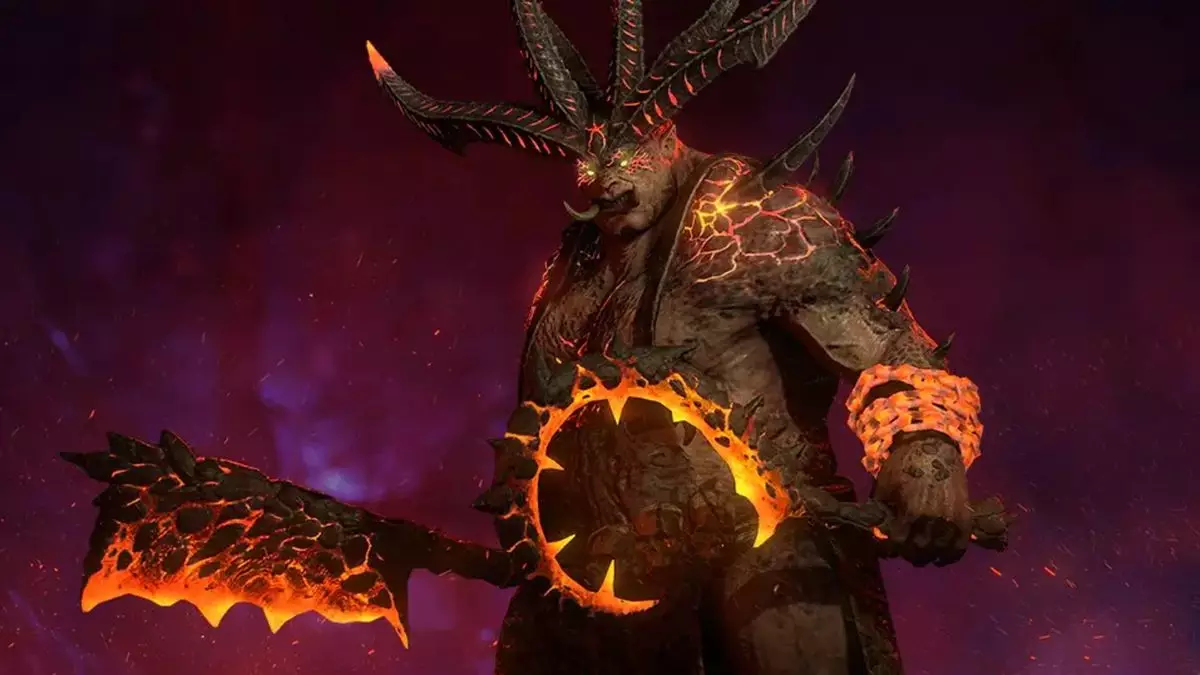In the ever-evolving landscape of video gaming, genre classifications play a pivotal role in guiding players’ choices. Until recently, genre labels were relatively straightforward—racing games, first-person shooters, role-playing games. However, as interactive experiences grow increasingly complex and hybridized, the definitions of these terms are beginning to blur. Rod Fergusson, a prominent figure in the Diablo franchise, recently stirred up significant conversation by proposing that action role-playing games (ARPGs) that share similarities with Diablo could be classified as “Diablo-likes.” This suggestion, however, quickly sparked a backlash from the gaming community, leading to questions about the appropriateness and utility of such labels.
The Community Backlash
Fergusson’s tweet, made against the backdrop of the Early Access reveal for Path of Exile 2, was met with an outpouring of discontent. Many players responded with sarcasm, disbelief, or outright disagreement regarding the need for a new category. A notable comment from streamer Empyrian voiced the sentiment that most gamers felt—simply, “I don’t think so.” The ensuing avalanche of criticism highlighted not only the divisiveness of genre classification but also the broader context in which the conversation was occurring. The timing of the tweet raised eyebrows, as it coincided with excitement surrounding a competing title, leading some to speculate that Fergusson’s suggestion was fueled by frustration over Diablo’s current standing in the genre.
Fergusson’s idea drew parallels with established genre labels such as “Souls-like” and “Rogue-like,” terms that have become shorthand among players for describing specific gameplay mechanics and experiences. While these terms successfully pinpoint distinct features and the gameplay ethos of their respective games, they also carry a level of community acceptance that “Diablo-like,” at least presently, lacks. League of Legends, for instance, often borrows gameplay elements from its predecessors, yet few players would universally accept it as being a “Diablo-like” title. This illustrates the challenge and resistance inherent in the proposal. Players have developed a sense of ownership over genre definitions, often rooted in personal experiences and memories tied to those games.
The conversation around labeling also opens up a larger dialogue about how the gaming community interprets and values experiences. While labels can be helpful for marketing and guiding consumer choices, they can also unfairly pigeonhole a game, making it difficult for innovative titles to find their niche outside established genres. For franchises like Diablo, which have cultivated a rich legacy and a loyal fanbase, straying too far from their roots can also risk alienating long-time players. A more segmented terminology could indeed help clarify the differences between titles, but it could also lead to unnecessary confusion, potentially stifling creativity and breadth of experience in the gaming world.
Ultimately, while Fergusson’s suggestion may stem from an appreciation for Diablo’s long-lasting impact, it raises fundamental questions about how we define and categorize gaming experiences. The action RPG genre has evolved through diversity, innovation, and an array of influences, meaning that a rigid reliance on comparisons to a singular franchise could diminish the unique aspects that new titles bring to the table. Engaging with these discussions about genre outcomes and definitions can lead to a richer dialogue among gamers, potentially refining our understanding of what makes each title unique in its contributions to the expansive realm of gaming.


Leave a Reply